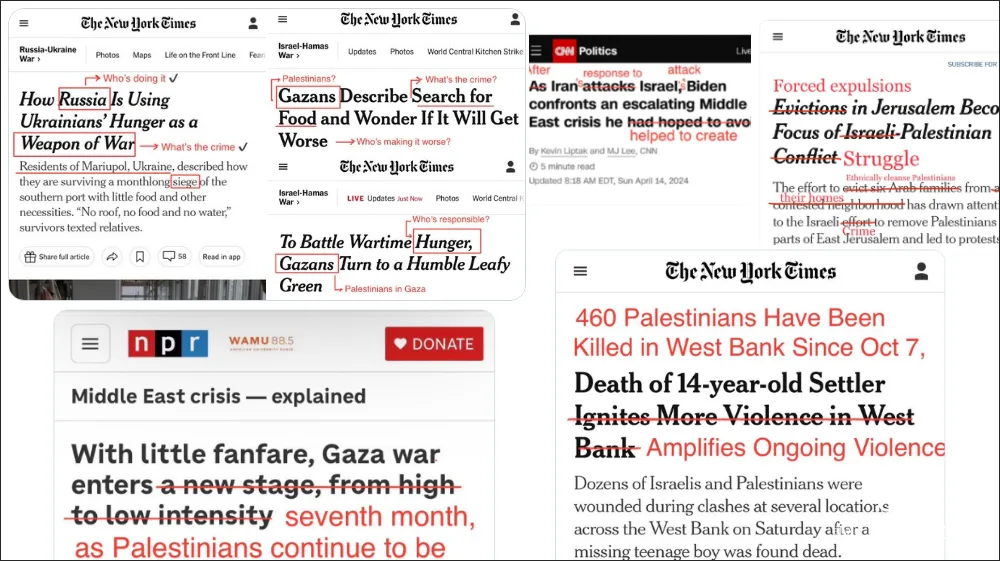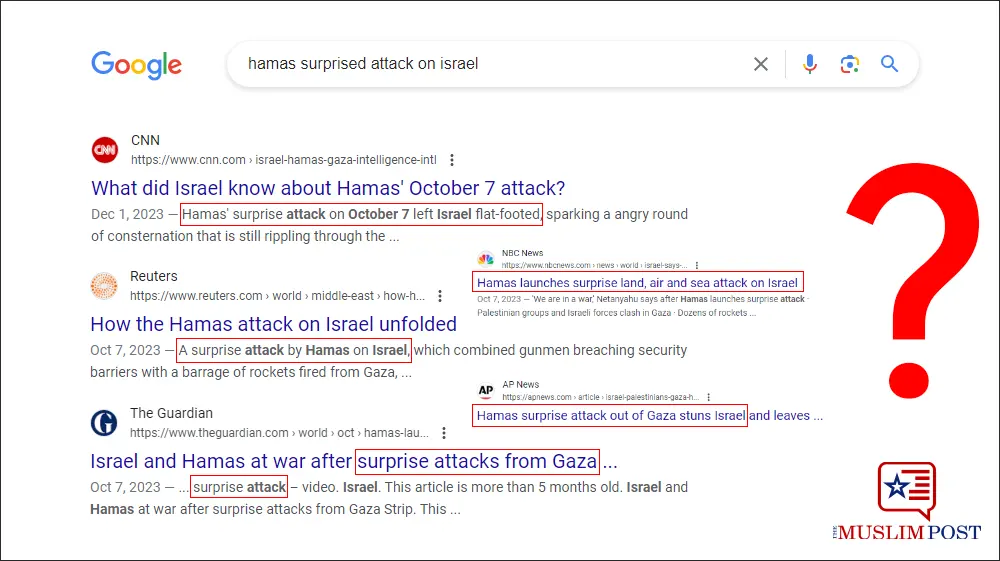By Hanan al-Harbi
On May 31, 2017, an article was published by Turkish-American journalist Melek Kaylan in Forbes Magazine. Titled “The Hidden Documents of Islam that can Help Defang Islamic Terror,” the piece marks the moment that the Covenants of the Prophet pierced the major, mainstream, media. Even though the documents in question have been consecutively transmitted by Jewish, Samaritan, Christian, Muslim, and Zoroastrian sources from the 7th century to the 21st century, and that they were attested and authenticated by hundreds of scholars, they lingered in the background, hidden in plain sight, like the Sun behind the clouds, waiting to spread their socio-political and spiritual rays as a precursor to the return of the Prophet Jesus and Imam Mahdi.
Rather than rejoice that a positive image of Islam was being presented to a worldwide audience, Rebecca Masterton, a British Shiite Muslim convert, proclaimed in pontifical fashion that the Covenants of the Prophet were believed to be 12th century forgeries. Like the fleeting whisperer, she shed doubts on the documents, without providing any proof to support her baseless contentions. If the Covenants of the Prophet were authentic, argued Masterton, then provide carbon-dating evidence that they date back to the 7th century. Such ill-intended ignorance is staggering.
Dr. Masterton affirms that the Covenants of the Prophet are 12th century forgeries. The original copy of the Covenant of Najran was found in the House of Wisdom in the 9th century. How, then, can this document be a 12th century forgery? The Covenant with St. Catherine’s Monastery was described in detail in the firmans of the Fatimid Caliphs dating as far back as the 10th century. How, then, can this document be a 12th century forgery?
Masterton also ignores that the existence of the original was confirmed by Sultan Selim and subsequent Ottoman authorities. The original, issued by the Prophet and handwritten by Imam ‘Ali, was also viewed in the Ottoman Treasury by Muslim and non-Muslim scholars from the 16th century until the early 20th century.
As can be evidenced by her comments, Masterton is obviously oblivious to the fact that other Covenants of the Prophet survive to this day in Syria, Palestine, Turkey, Iran, and India. These documents have been examined by experts who concluded that they date back to the 7th century. Whether these are originals or first hand copies of originals is subject to debate and has yet to be definitively determined. They are, nonetheless, some of the earliest documents in the history of Islam.
To suggest that the Covenants of the Prophet are forgeries unless they are confirmed to be carbon-dated to the 7th century is both ignorant and ill-intended. Rather than demand the results of scientific-dating methods, why doesn’t Dr. Masterton bring forth the original 7th century copy of the Qur’an that was revealed to the Prophet and written down by his scribes?
If she were a Sunni, she could be called upon to provide original 7th century copies of the prophetic sayings found in Bukhari, Muslim, Tirmidhi, Abu Dawud, Ahmad, Nasa’i, Ibn Majah, and Malik. Problem is, they date from the 8th, 9th, and 10th centuries.
Since she is a Shiite, perhaps she can provide the original sources of the traditions found in Nahj al-Balaghah, which was only compiled in the 10th century. While she is at it, where are the original sources used by Kulayni, Ibn Babawayh, and al-Tusi in works that were compiled in the 10th and 11th century? Where is the original, carbon-dated, copy of the Sahifah al-Sajjadiyyah by Imam ‘Ali Zayn al-‘Abidin? Or does she accept Majlisi’s Bihar al-Anwar as authentic? The work in question was completed in the 17th century, in 1698, a full 1066 years after the passing of the Prophet.
Rebecca Masterton readily accepts copies of copies of copies of copies of copies of copies of copies that were transmitted orally from narrator to narrator to narrator to narrator to narrator to narrator to narrator to narrator to narrator to narrator as authentic; however, she rejects primary documents as well as first, second, and third copies of primary documents as dubious forgeries.
Rebecca Masterton prefers to swim in the swamp of lies produced a millennium after the passing of the Prophet rather than accept copies of manuscripts that were dictated directly by the Messenger of Allah, handwritten by Imam ‘Ali and Mu‘awiyyah, and witnessed by dozens of Companions of the Prophet. People like Masterton live in the world of an imaginary Islam, accepting legends and myths as authentic, while rejecting the most significant of historical documents.
If Masterton believes that the Covenants of the Prophet are forgeries merely because some of the surviving copies supposedly date to the 12th century, and if she believes that every source is false unless we have original carbon-dated copies, she is completely and utterly ignorant of the Islamic textual tradition. After all, as the aphorism goes, “Absence of evidence is not evidence of absence.”
Considering the comments that Dr. Rebecca Masterton has made regarding the Covenants of the Prophet, her qualifications to comment on the subject of Arabic historiography can, and should, be called into question. In fact, at the 2015 Muslim Congress, she admitted to Dr. Morrow that “I am not an ‘alimah. I do not consider myself a scholar of Islam.” I could not agree with her more. However, who am I to judge? I defer the ultimate decision to Muhammad, the Messenger of Allah, who clearly stated in the Covenant of Najran:
He who breaks it, opposes it or changes it, will carry his crime on his head for he will have betrayed the Covenant of Allah, broken his faith, resisted His Authority and contravened the will of His Messenger: he will thus be an imposter in the eyes of Allah. For protection is obligatory in Allah’s religion and the Covenant is confirmed. He who does not abide by this Covenant will have violated his sacred obligations, and he who violates his sacred obligations is unfaithful and will be rejected by Allah and by all sincere Believers. (Morrow, John Andrew. The Covenants of the Prophet Muhammad with the Christians of the World. Tacoma, WA: Angelico Press and Sophia Perennis, 2013: 293)
Hanan al-Harbi is a Danish-Syrian journalist who is deeply devoted to Classical Islam. She is a graduate of the University of Iceland, in Reykjavík, where she studied Political Science. She spends her summers in Greenland where she finds solace in the island’s solitude and breathtaking beauty. She is a contributor to Veterans Today, Katehon, and The Muslim Post, among other publications.







